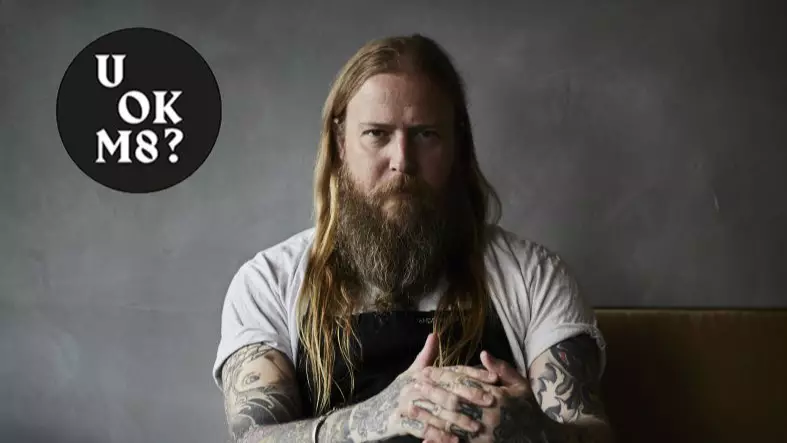
The hospitality industry is an infamously hostile frontier to tackle. Sure, on the one hand, there can be a strong sense of camaraderie and kitchen banter - but on the other there's open flames and sharp blades, boisterous coded language, free-running booze and, worse still, some of the most extreme antisocial working hours out there.
A 2017 study from Unite revealed that 44 percent of chefs reported working between 48 and 60 hours each week, with 14 percent also admitting to working in excess of 60 hours per week.
When asked whether or not they believed their work hours impacted their health, a worrying 69 percent said yes - with over half of chefs saying they suffered depression as a result of working such long hours.
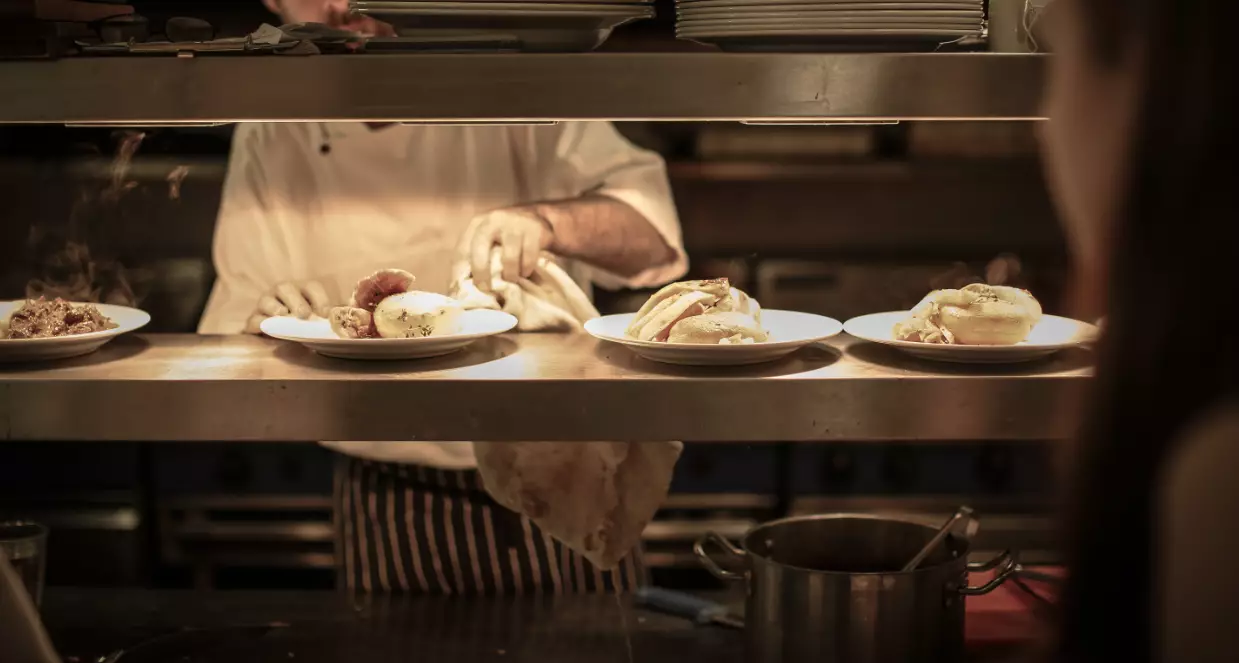
But the gruelling working hours are often just the tip of the iceberg for some chefs in the kitchen - where the multitude of pressures can prove so overwhelming, they can be fatal.
In 2016, chef Andrew Clarke took to Instagram with a profound and refreshingly honest post about his struggles with mental health, admitting that he had once wanted to kill himself every night after he came home from work.
"I couldn't eat, I couldn't sleep, I rapidly lost weight and my only fuel was nervous energy but that was running out," Clarke, chef-director at London's St Leonards and Brunswick House restaurants, wrote at the time.
"The loneliness and despair was crippling."
In the years since, Clarke's candour has prompted a much wider conversation about mental health among chefs and others working in hospitality.
Admitting that the 'immense' reaction to his post was completely unexpected, he told LADbible: "The real surprising thing about all that was just the fact that so many people that I knew - people in the industry, people outside the industry, family - had said, 'You've said something that we can't say,' or 'I've been through it, I know how you're feeling.'
"The fact that so many people put those messages through just highlighted to me how much we keep it all in - we don't tell anyone when we're going through stuff.
"I had no idea how some of my closest friends had gone through it."
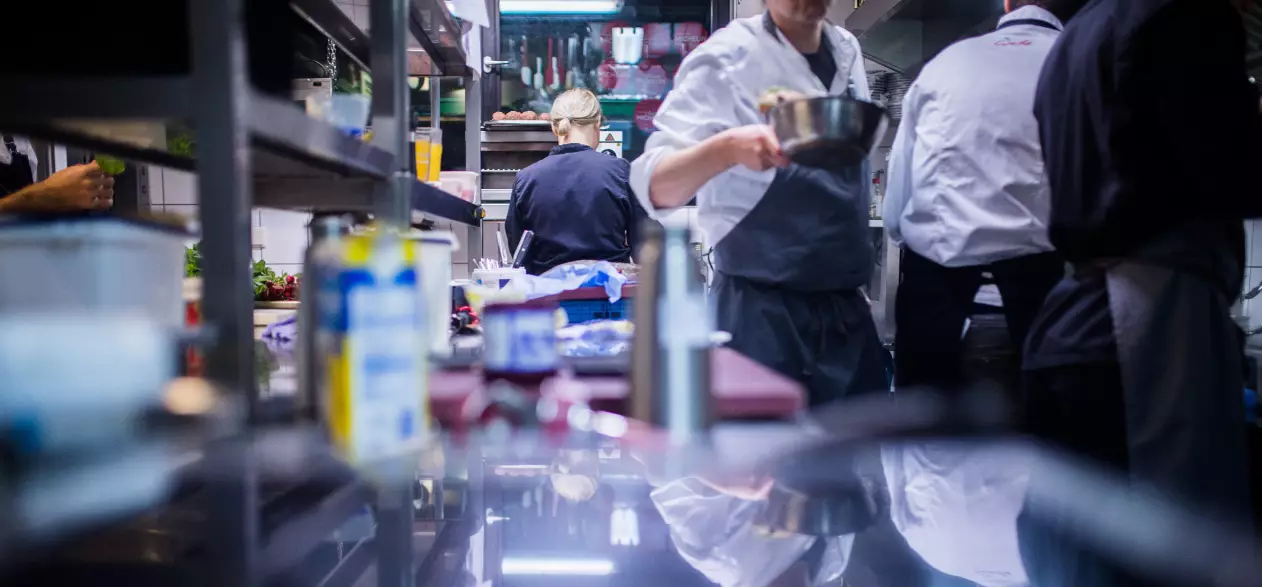
Clarke understands and appreciates the noisy, boisterous environment of a kitchen - likening it to the fact that you 'can't play a game of football quietly' - but is vehemently against what happens when this mutates into something far more sadistic: bullying.
"It's no accident that kitchens are often likened to the army," he said.
"The hierarchy, the hard work, the shouting and discipline - that kind of thing. I feel that there is that macho thing that's going on, that people don't want to show weakness.
"Seeing someone else in the kitchen getting stripped down, verbally stripped down and insulted and just called all sorts of names just because they f****d up once or a couple of times, that's not nurturing."
He added: "We need to really look after each other so this macho environment needs to change."
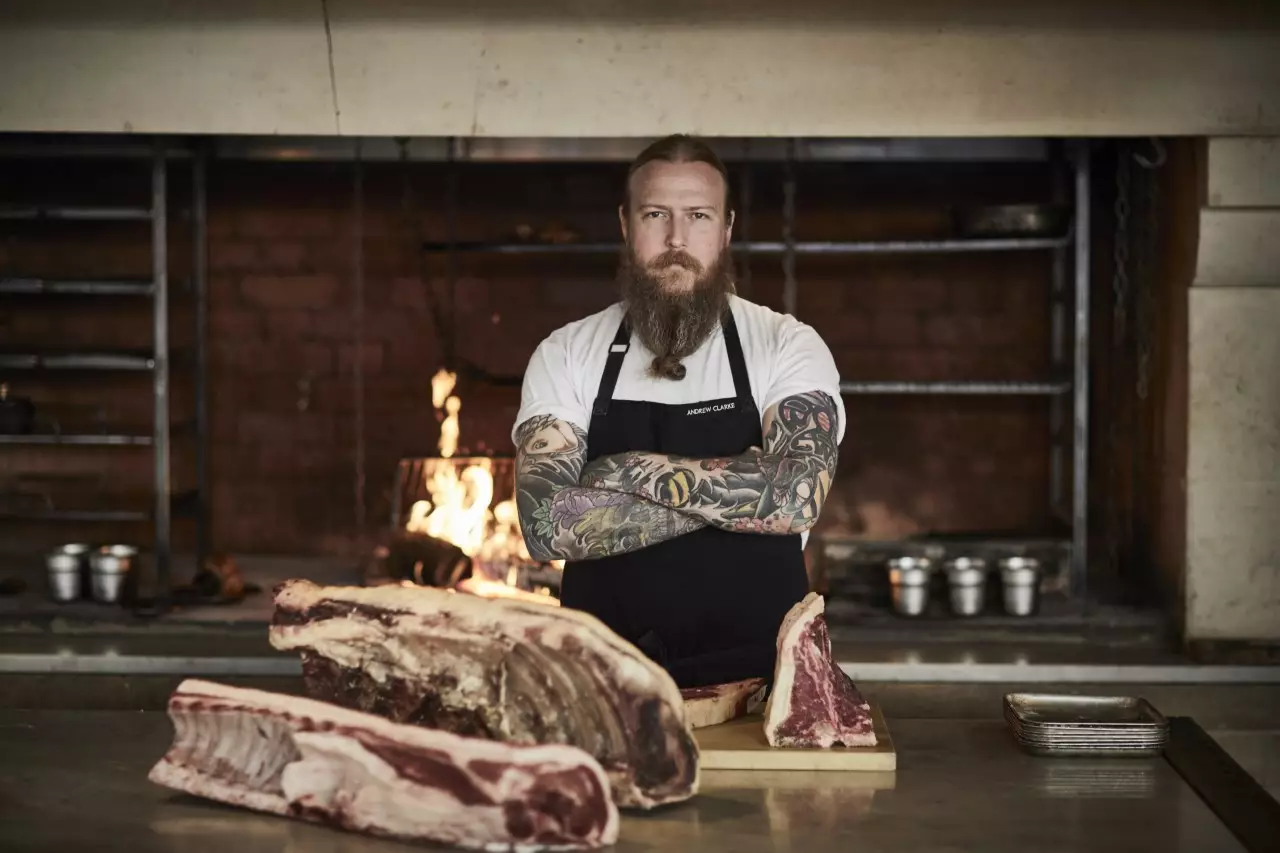
However, Clarke is also adamant that the industry that could have broken him is also what helped save him - explaining in that honest 2016 Instagram post that each service pulled him 'gradually out of hell'.
"I have to stress that the industry didn't cause my depression," he admitted.
"Cooking and doing ridiculous hours actually brought me back from the dead, so to speak. I had something to focus on, I had something going on in my life. The only thing I could do was cook my way out of that hell, so that's what I did.
"Not everyone's as lucky. Some people endure bullying in their kitchens. Some people have just hellish hours at work and things going on outside that combined they just drag them down constantly. Some people have easy access to drink and drugs in kitchens - I know I did - which causes problems as well."
Clarke is now hoping to channel that same energy into helping others, having co-founded Pilot Light, a campaign focused on changing the attitude towards mental health in the industry, alongside fellow chef Doug Sanham.
"In its simplest form, we just want people to talk," Clarke explained.
"I think sharing stories, talking, that's the most important thing we can do. And then as things get bigger and bigger there's gonna be a lot of fundraising events to get the name out there and get that conversation happening a little bit more, so that's really important.
"And then from there on it's just how else can we help - it will be getting some kind of pledge into kitchens and into workplaces that Time to Change are starting to work on, where it's just the money that we raise goes into making sure that we've got plenty of support and much the same way that they do it for other industries, that have never really got into hospitality for some reason.
"It's been hard for them to do that so, with our voices - it's that desire for people to see it in their kitchens now - like, 'Okay, great, we can move forward with this.'"
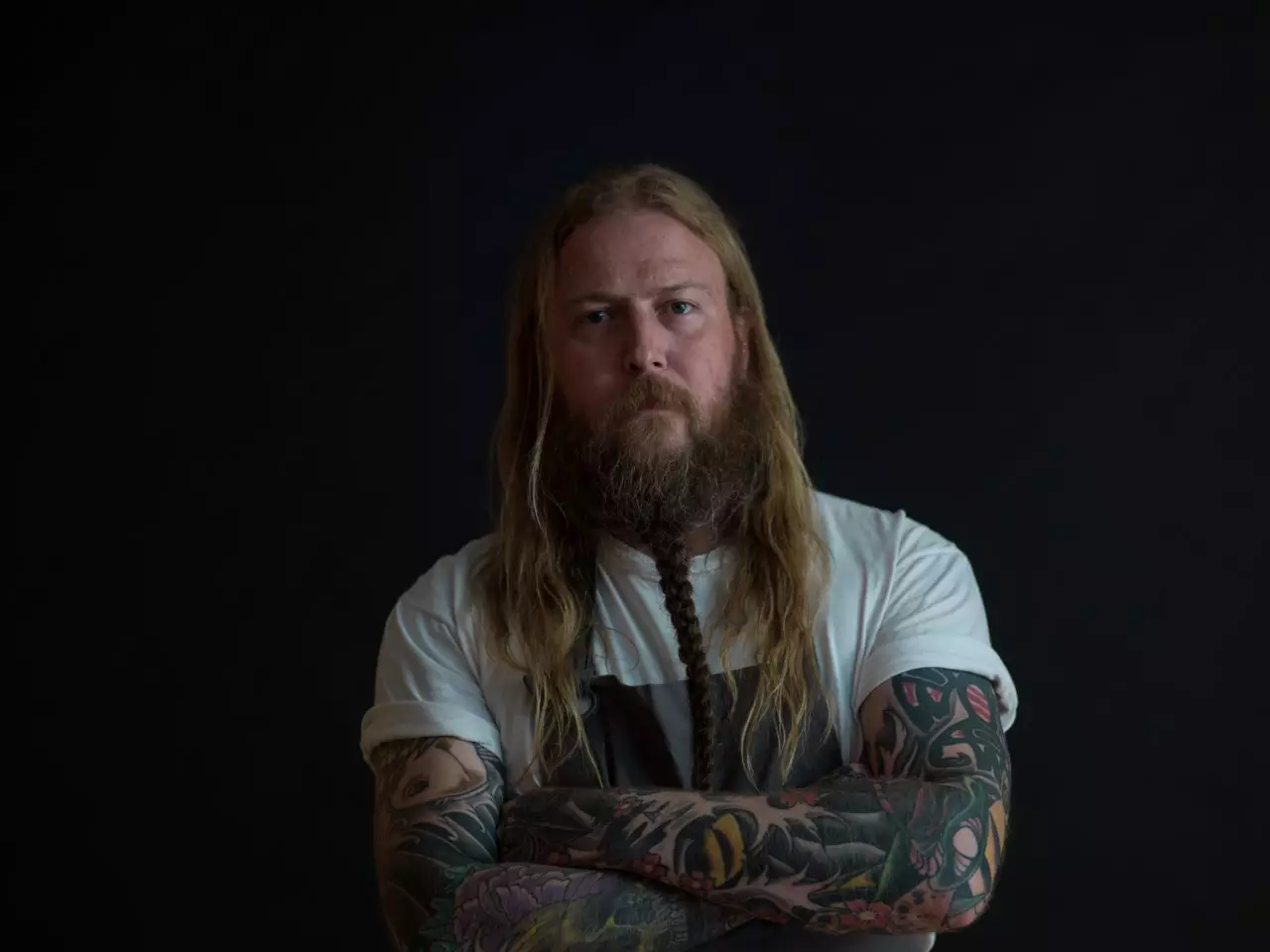
On the flipside, Clarke also advises there's a lot more employers can be doing for those who work in hospitality, urging them to 'give more back' to those that work hard for them.
"Make more time for your staff," he said.
"I understand we work in an environment where time is such a factor in what we do, and we have to get the food out to get tables turned, but we just have to make time for each other as well, sitting down.
"When you see someone that's off and gone quiet and not their normal selves, rather than just throwing the pan back at them and calling them a whatever, just get through that service and sit them down afterwards and find out what's wrong.
"We all have bad services, but it might be highlighting a bigger problem, and that is something that we just need to be a bit more aware of."
UOKM8? is a campaign by LADbible, featuring films and stories that provide advice and inspiration on mental health. Explore more here and don't suffer in silence. Let's talk mental health.
Topics: U OK M8, Food, UK News, News, Mental Health, Andrew Clarke